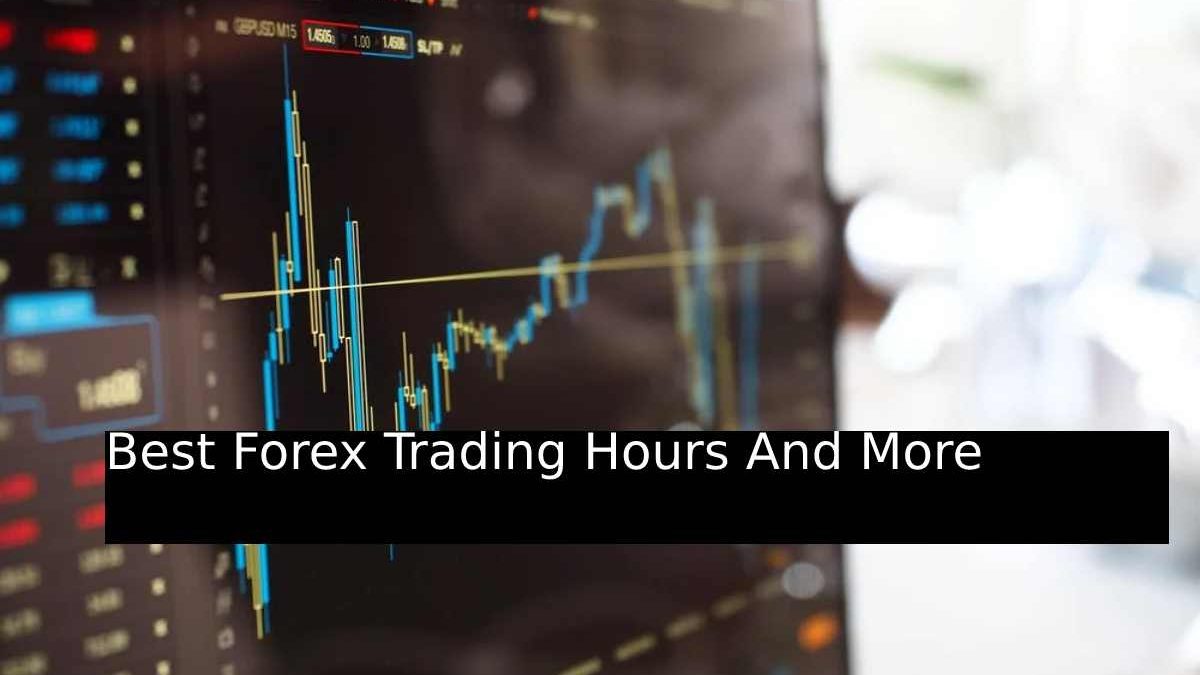Forex Trading- The best time to trade foreign exchange (Forex) is when it is most active. This is when trade spreads (the differences between bid and ask prices) tend to narrow. In these situations, less money goes to the market makers facilitating forex trades, leaving more money for the traders to pocket personally.
Table of Contents
Here Are The Top 4 Forex Exchanges
Read them down below.
Top 4 Forex Exchanges
The four major currency exchanges are located in London, New York, Sydney and Tokyo.3 Forex traders should note their hours of operation and pay particular attention to the times when two exchanges overlap.
Opening Hours Of Forex Markets Around The World
Forex is completely electronic and is open anywhere in the world between 5:00 p.m. and 6:00 p.m. and 5:00 p.m. Sunday and Friday at 5:00 p.m. Eastern Standard Time (EST). Each exchange has unique trading hours from Monday to Friday. From the average trader’s perspective, the four most important timeframes (all ESTs) are:
London: 3:00 a.m. to 12:00 p.m. (Lunch)
New York: 8 a.m. to 5 p.m.
Sydney: 17:00 to 00:00 (midnight)
Tokyo: from 19:00 to 04:003
Although each exchange operates independently, they all trade the same currencies.5 Thus, when two exchanges are open, the number of traders actively buying and selling a given currency increases dramatically. The bid and ask prices on one currency exchange directly affect the bid and ask prices on all other open exchanges. This reduces market spreads and increases volatility, including in the following windows:
8:00 a.m. to 12:00 p.m., the New York and London Stock Exchanges are open
7pm M. at 2am M. with Tokyo and Sydney stock exchanges open
3am to 4am when the Tokyo and London stock exchanges are open
The New York Stock Exchange is particularly important for foreign investors. Their trading involves the US dollar, which accounts for 90% of all forex trading. Dollar moves can have a powerful ripple effect around the world
There may be exceptions and the expected trading volume is based on the assumption that no major news emerges. Political or military crises developing during slow trading hours could potentially increase volatility and trading volume.
Some economic data that can move the market has a regular release schedule. It includes unemployment, consumer price index (CPI), trade deficit, consumer confidence and consumer consumption figures. Knowing when these news are due can help you determine when to act.
Frequently Asked Questions (Faq)
How Does Forex Trading Work?
Forex trading is simply trading different currencies to make money from changes in the values of the currencies relative to each other. Most of these trades are conducted through electronic platforms or by telephone rather than exchanges. Each transaction involves a currency pair.
How Many Trading Hours Per Day Do You Need To Make Money From Forex?
Your ability to make money trading Forex depends on the ratio of trades you win and the size of your profits from individual trades. A typical trader who trades two hours a day during peak hours can make around 100 trades in a month.
How Do I Start Trading Forex?
To start trading forex, all you need to do is make an initial deposit with a broker. Many brokers don’t have a minimum amount to trade forex, but you’ll typically need something between $50 and $500. It’s also a good idea to familiarize yourself with trading and practice before you start investing your money in forex. risk trading. You can try demo trading on many ecommerce platforms before committing your own money.
What Is A Good Forex Spread?
You can look at the most liquid forex wrappers to get an idea of what a good forex spread is. USD/JPY and USD/GBP are popular currency pairs. You can compare the spreads of these pairings to other pairings. It can also be helpful to compare spreads between brokers to ensure you are getting the best deal.
What Does A High Spread Mean In Forex?
High spreads indicate that a pair is less liquid than other pairs. In other words, fewer traders and fewer dollars are focused on the pair. The less traders focus on a pair, the less likely someone is willing to bid a price closer to the opposite side of the trade. When trading less frequently, the spread increases. Brokers can also include trading fees in the spread, even if they advertise themselves as a “commission-free” trading platform.
Helpfull Resources
whatsapp par full dp kaise lagayen techfinz.com
dewata 12 jkt.com
www clickfoto co uk
convertidor a mp3
Allsmo.com Instagram
joinpd.com join


